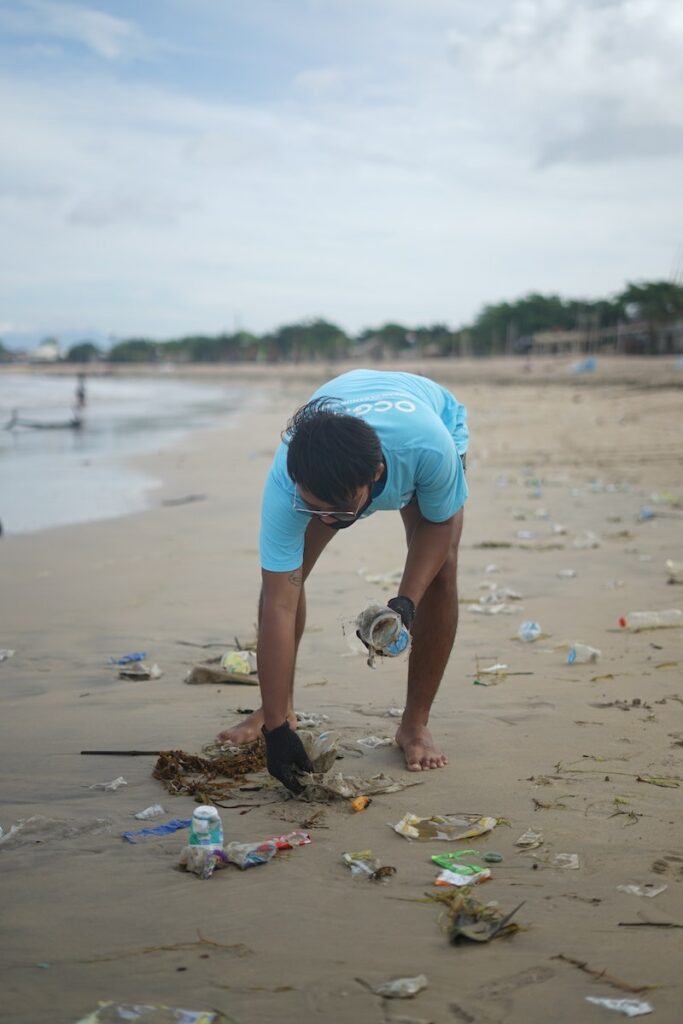More Ocean, Less Plastic – Finding Solutions During Plastic Free July
This Plastic Free July at GREEN HOME we went looking for solutions to our marine plastic pollution crisis.

We started by leading: we participated in Plastic Free July, refusing as much disposable plastic as possible – and of course explaining this along the way, winning over more and more advocates for the cause. Watch this space for our first hand experience on this soon!
Then we collaborated: we joined local and international solution seekers at the Plastic Pollution in our Oceans discussion hosted by the Two Oceans Aquarium in Cape Town. Held on Nelson Mandela Day, the guest list included scientists, the Sustainable Seas Trust, SAMSA, WWF and industry leaders from retail, packaging, food production, waste management and local and national government representatives along side some passionate individuals from all walks of life.
It was a great discussion. Reducing plastic use, redesigning products, increasing corporate responsibility and raising awareness were among the solutions we explored. Lending a hand at a local beach clean-ups was also highlighted as an effective way of reducing the waste already out there.
So we got our hands dirty, rolled up our sleeves and got stuck in! The Beach Co-Operative’s monthly beach-clean, run by some incredible members of the Cape Town community for some time now. The new moon signals the call for clean-up-time, on 25 July the new moon meant tides were at their lowest – the perfect time to clean the intertidal rocky shores at Surfer’s Corner in Muizenberg, Cape Town.
The Beach Co-op have been cleaning here during the tide’s monthly low for 2 years – and it shows. While more plastic inevitably arrives, the area is much cleaner. It was fantastic to see how much life is teaming in those rock pools!
The Beach Co-op aim to eliminate single use plastic from where it ends up and from where it comes from; an issue close to our hearts. They received seed funding from the WWF Nedbank Green Trust to engage with consumers and restaurant owners and managers to understand how they could work together to reduce and eliminate single use plastic items found on beaches. Plastic straws, plastic coffee cup lids and take-away containers are a few of the most common items found polluting our beaches. Reducing plastic packaging and moving to sustainable options are important steps toward reducing our impact.
Local scientists are an integral part of the Beach co-op. All the waste collected is analysed as part of long-term studies of marine litter around the country. There’s even an app – the Clean Swell App – that’s been developed by the Ocean Conservancy – which helps users from all around the world to track, share and analyse the litter collected – aiding all concerned in further solution finding.
South Africa is a major culprit when it comes to waste plastic entering the sea, in fact we’re considered the one of the largest contributors. At GreenHome we’re determined to keep working to change that! The future is bright, if we make it so.
Want to do something for our oceans right now? Sign this petition to ban microbeads in South Africa – one of the scariest pollutants facing our oceans at the moment. The petition will be used to demonstrate public support of a local ban. They’ve already been banned in the US, Canada and the UK – big ups to all those who made that possible.
#MoreOceanLessPlastic #HealthyBeaches #PlasticFreeJuly
